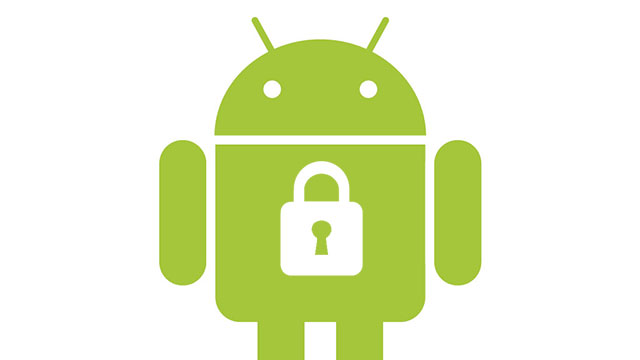
According to a new study by Trend Micro, malware cases in Android devices will reach 1 million this year. The open nature of the Android platform provides large opportunities for malware, trojans, or viruses. Here are top 10 things you can do to protect your Android smartphone.
1. Watch Out What You Download From Google Play.

The Google Play Store is a great way to find and download apps, but is crawling with hundreds, if not thousands, of apps that may contain malware or trojans. Google does not proactively police their own store, but rather relies on user reports to identify suspected apps. In many cases, malware developers download existing apps and repost them. Many of these reposted apps contain strands of malware or trojans, used to crawl for sensitive information or even remote wipe the phone.
Before downloading an app, make sure the developer is familiar, or a trusted source. Read the user reviews and browse the app permission.
2. Use A Password To Lock Your Phone.
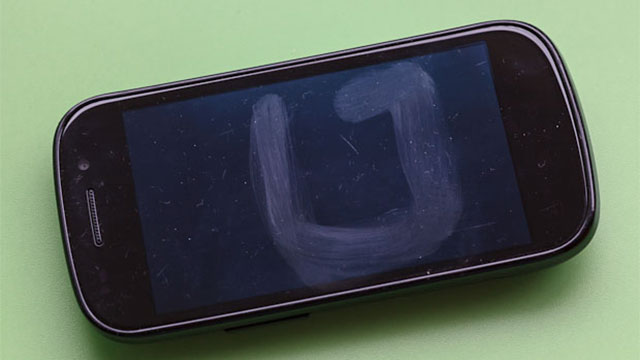
Using a password to unlock your phone may be the easiest way to protect it. Many people don’t even think of adding a password due to the inconvenience, but it is the first line of defense if your phone is lost or stolen.
If you use a pattern unlock for your phone, you may want to think twice about using it. Many times, patterns are easy for prying eyes to identify. In many cases, the natural oils from your fingers may leave noticeable smudges on your screen that may be easy for others to figure out.
3. Check App Permissions.
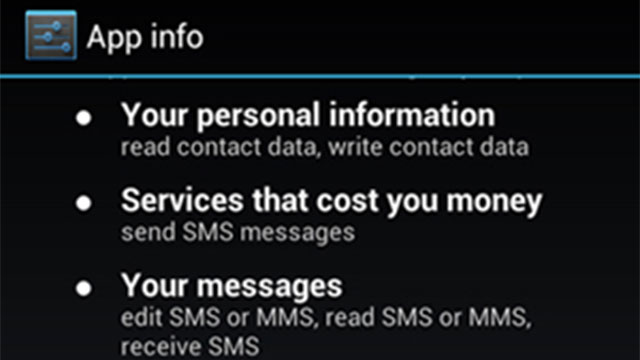
If you think you’ve installed a suspected app, check your app permissions. Most of the time, depending on the app, things like location, internet access, and storage are normal permissions. But if you downloaded a game that needs your permission to browse your private information or your contacts, this may be a red flag. You can check each app’s permissions in Settings > Apps > Manage Applications.
4. Turn Off Unknown Sources.
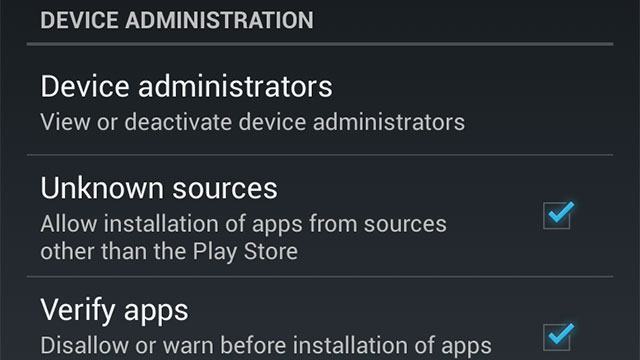
The normal Android user isn’t limited to the Google Play Store to download and install apps. Many apps can be accessed from any webpage, and some of these apps may contain undesired malware. To protect you from potentially dangerous apps from the internet, you may want to turn off unknown sources. To do this, go to Settings > Security.
5. Install Android Updates As Soon As They’re Available.

The Android team at Google has always been keen to patch up any known vulnerabilities that may be found in the operating system. It’s always good to download the newest Android update to make sure your phone no longer has these vulnerabilities. Unfortunately, many manufacturers or carriers don’t always make the newest version of Android available immediately.
6. Turn Off Automatic WiFi.

By having Automatic WiFi turned on, your phone will connect to any WiFi that is available, even if you didn’t choose to connect to any WiFi spot. Have you ever searched for a WiFi hotspot when you’re out in public and found an unprotected “Free Public WiFi” hotspot? Many times these hotspots are created by hackers in hopes to retrieve authentication tokens from your phone.
7. Beware of Android Antivirus Apps.

While installing antivirus apps on your phone may be a good thing, a report published last year by AV Test revealed that less than half of all Android antivirus apps were effective in detecting threats. The apps that provided the best results included Avast, Dr. Web, F-Secure, IKARUS, and Kapersky.
8. Check If Your Phone Is Vulnerable To Remote Wipe.
When the news spread last year that Samsung phones were vulnerable to remote wipes, hacker and TV editor Dylan Reeve put together a quick test for users to see if their phones are vulnerable. To check if your phone is vulnerable to remote wipes, simply visit his site.
9. Use A VPN If You’re Using Public WiFi.

If you’re the paranoid type while using WiFi available in locations such as Starbucks or airports, you can download apps that allow you to use a VPN service in order to protect any of your sensitive data and information. For example, HotSpot Shield VPN offers basic encryption while you’re browsing the internet on your phone.
10. Install An Anti-Theft App To Find Your Lost Phone.
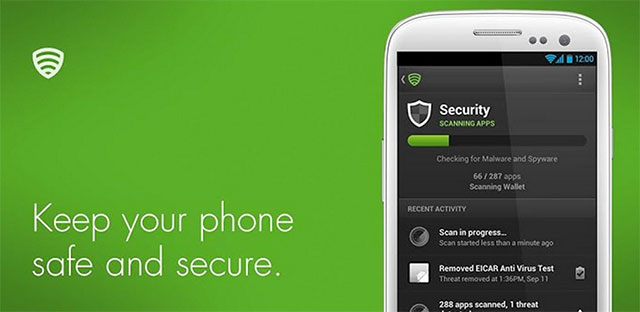
Just in case you might lose your phone in a bar or restaurant, or fear someone may steal it, make sure you install and anti-theft app to your phone. For example, the antivirus app Lookout also has services such as finding the location of your phone on Google Maps, sending an alert to your phone, taking a picture of the person who is trying to unlock your phone, remotely locking your phone, or remotely wiping your phone.